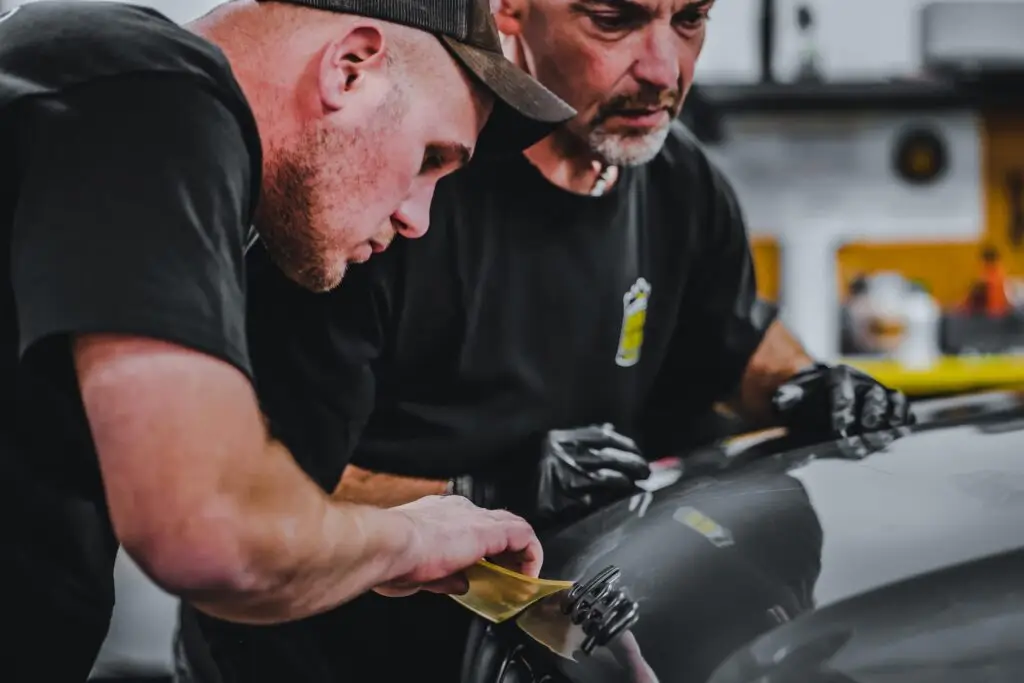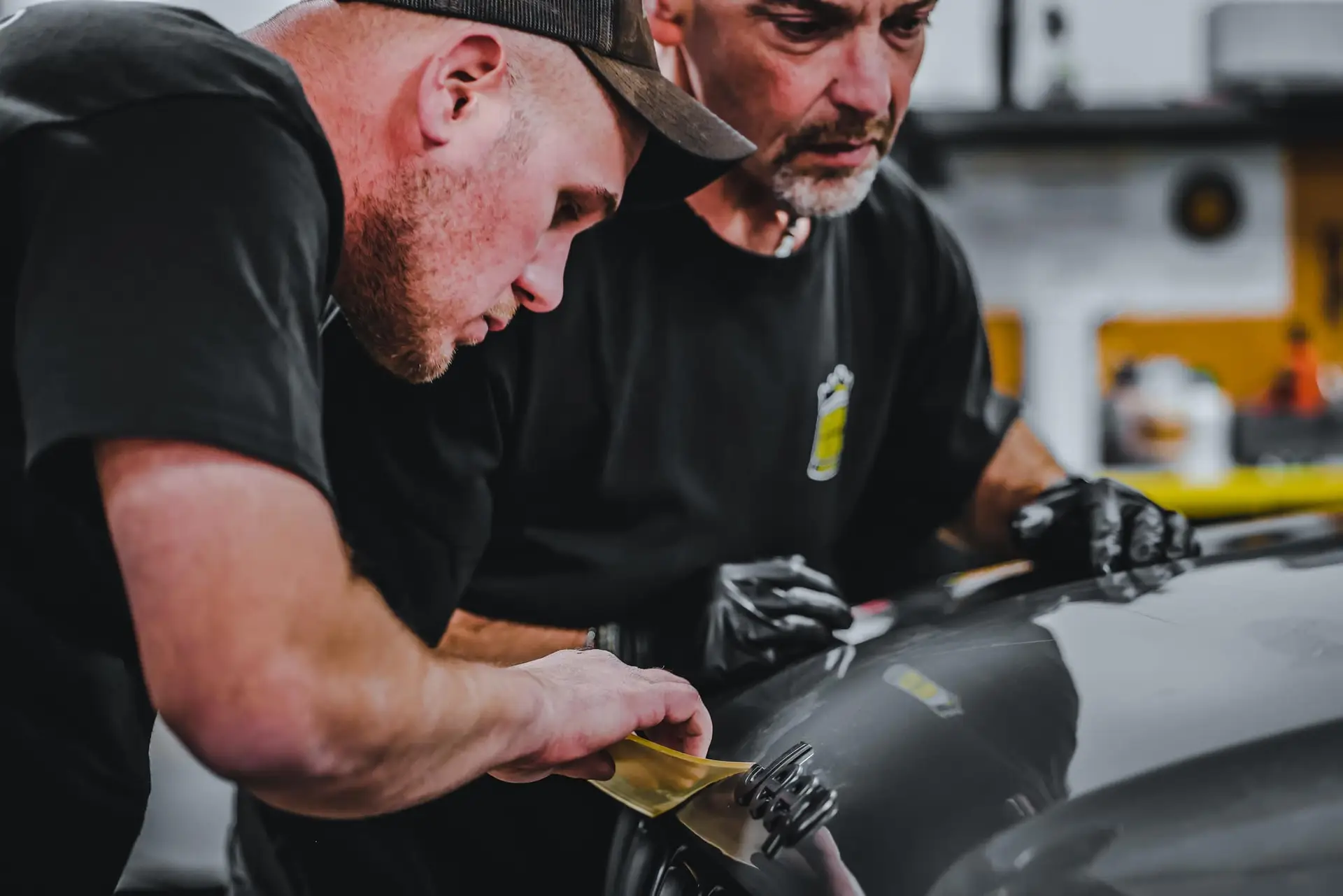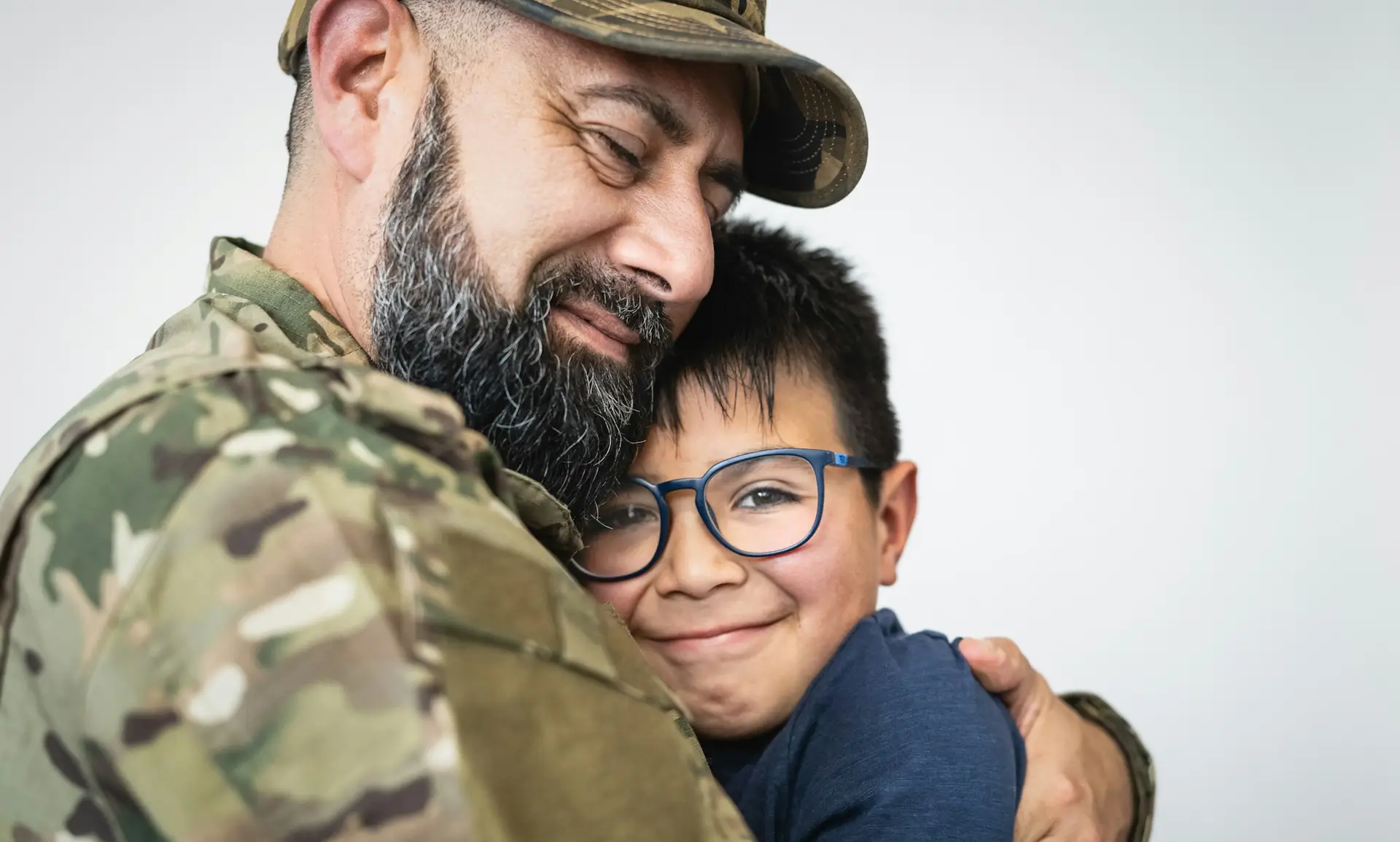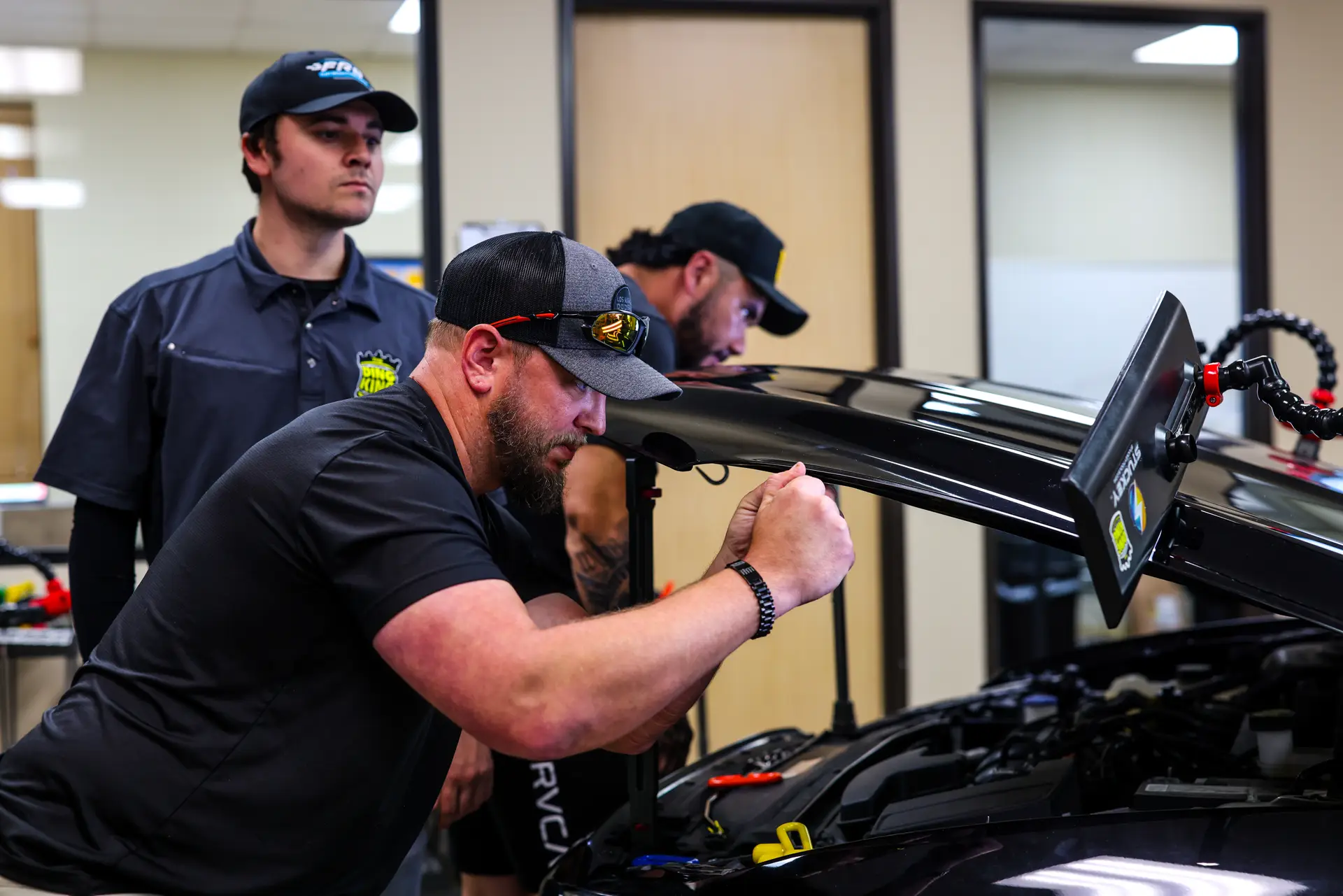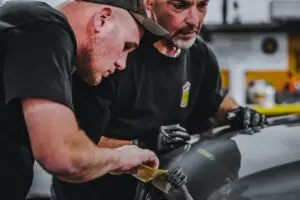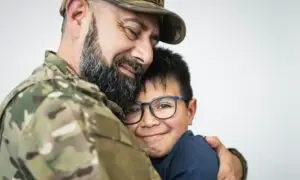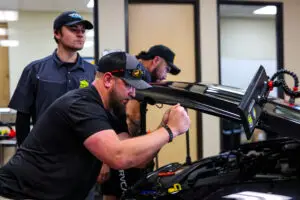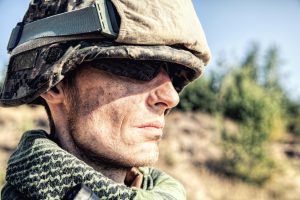How Mentorship Builds Confidence and Skill Development in Paintless Dent Repair Training
Creating Jobs, Changing Lives™ is founded on the understanding that confidence is not something people either have or do not have — it is something that grows through support, repetition, and guided progress. Paintless Dent Repair (PDR) is a craft that requires patience, awareness, and feel. The early stages of learning can be challenging, especially when working with precision-based movements and controlled pressure. This is where mentorship becomes transformative. When students learn beside someone who has already mastered the skill, they gain not only technique, but belief in their own ability to learn.
Mentorship shifts the training environment from performance pressure to growth support. Instead of being expected to immediately know how to perform a repair, students are guided through the process step-by-step. Mistakes are treated as learning moments, not failures. Progress becomes visible, trackable, and real. Confidence builds as the hands and eyes begin to synchronize. The student sees improvement — and with it, the understanding that mastery is possible.
“Skill builds confidence. Mentorship builds courage. Together, they build careers.”
Why Mentorship Matters in PDR
Paintless Dent Repair cannot be learned by watching videos alone. The movements are too subtle and too precise. The eyes must learn to read reflection. The hands must learn to apply controlled, measured pressure. This happens fastest when a mentor is present to correct technique in real time. Mentorship provides the reassurance that every student needs in their early development: You are capable. You are improving. Stay patient. Keep going.
Mentorship guides:
-
How to see the dent correctly using reflection
-
How to determine the right access point
-
How to apply pressure slowly and precisely
-
How to blend, finish, and evaluate clean reflection
The student moves with purpose rather than trial and error.
Learning Through Repetition and Reflection
Confidence grows when the student sees progress. During the mentorship process, the instructor adjusts posture, hand position, leverage, and pressure technique. The student repeats movements until the effort begins to feel natural rather than forced. Pattern recognition develops. Tools begin to feel familiar. The reflection stops being confusing and starts being readable. Repetition under mentorship leads to clarity.
Skill becomes muscle memory — and muscle memory becomes confidence.
The Mentorship Training Structure
| Training Phase | Focus | Mentor’s Role | Student Outcome |
|---|---|---|---|
| Observation | Watching reflection changes and dent shaping | Demonstrates & explains | Understands what to look for |
| Guided Movement | Practicing controlled tool pressure | Corrects and supports | Gains control and coordination |
| Independent Practice | Repeating technique with confidence | Monitors and refines | Builds skill and speed |
| Evaluation & Finishing | Reading and polishing reflection | Teaches final detail work | Achieves clean, invisible repairs |
By the time the student enters real-world repairs, the technique is familiar and reliable.
Mentorship Builds More Than Technical Skill
The value of mentorship is not only instruction — it is connection. Many Veterans and career transitioners enter training unsure if they will succeed in a new environment. Having someone who understands the learning curve provides emotional encouragement as well as technical clarity. The student gains a sense of belonging, purpose, and belief in their ability to build something new.
Confidence is often gained in conversation as much as in practice.
Key Takeaways
Mentorship accelerates learning by providing guided practice and supportive correction.
Confidence grows as the student sees measurable progress over time.
PDR is learned best when instruction focuses on reflection reading and controlled pressure.
Support, structure, and repetition lead to skill that lasts.
FAQs
Q: Do I need to have natural mechanical ability to learn PDR?
No. The skill is developed through guided repetition under mentorship.
Q: How long does it take to feel confident in repairs?
Most students begin gaining real confidence once they can read reflection consistently, which develops through structured practice.
Q: Is mentorship ongoing or limited to training sessions?
Strong mentorship continues as technicians grow, practice, and expand into real-world work environments.
Conclusion
Paintless Dent Repair training is not just the transfer of knowledge — it is the transfer of confidence. Mentorship ensures that students do not take the journey alone. With guided instruction, supportive correction, and consistent practice, learners discover not only how to perform repairs, but how to believe in themselves. Creating Jobs, Changing Lives™ provides mentorship that strengthens both skill and identity, empowering each student to step forward into new work with pride, purpose, and the confidence to succeed.

